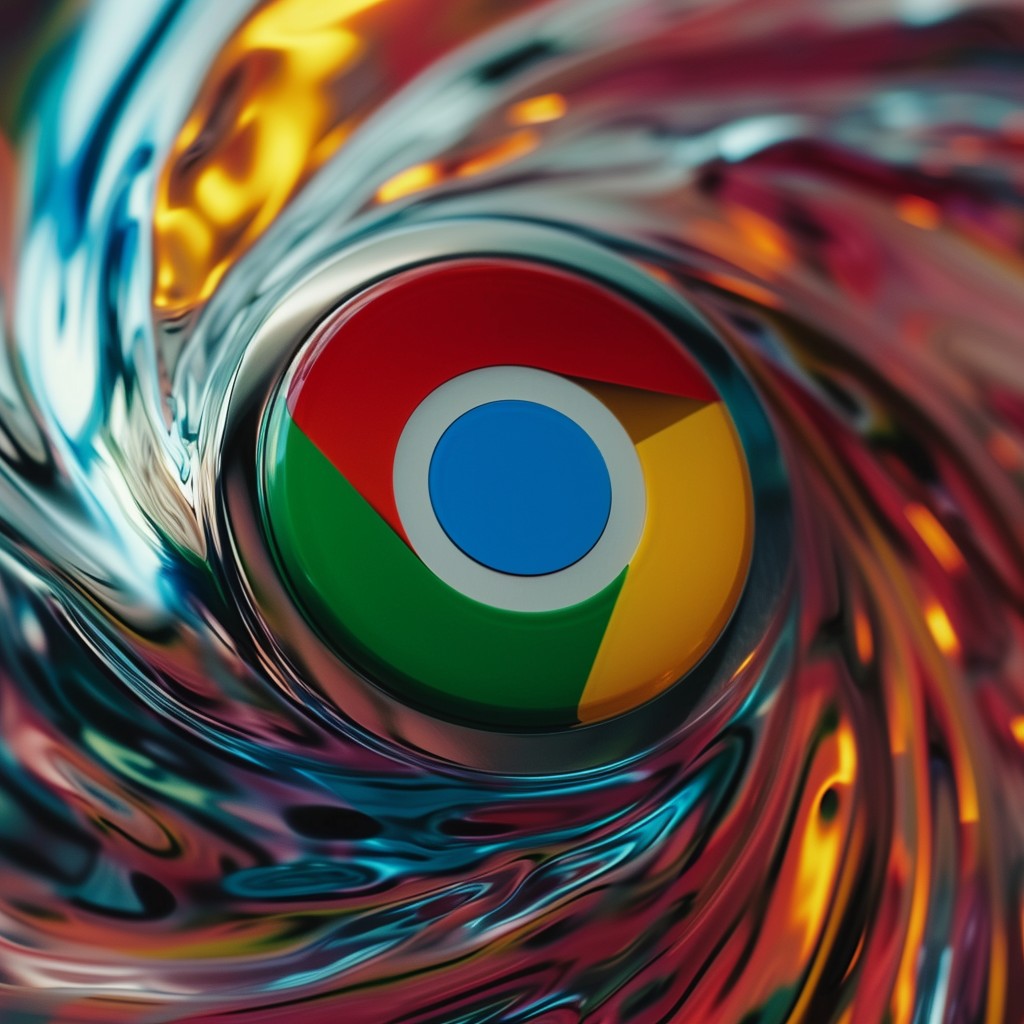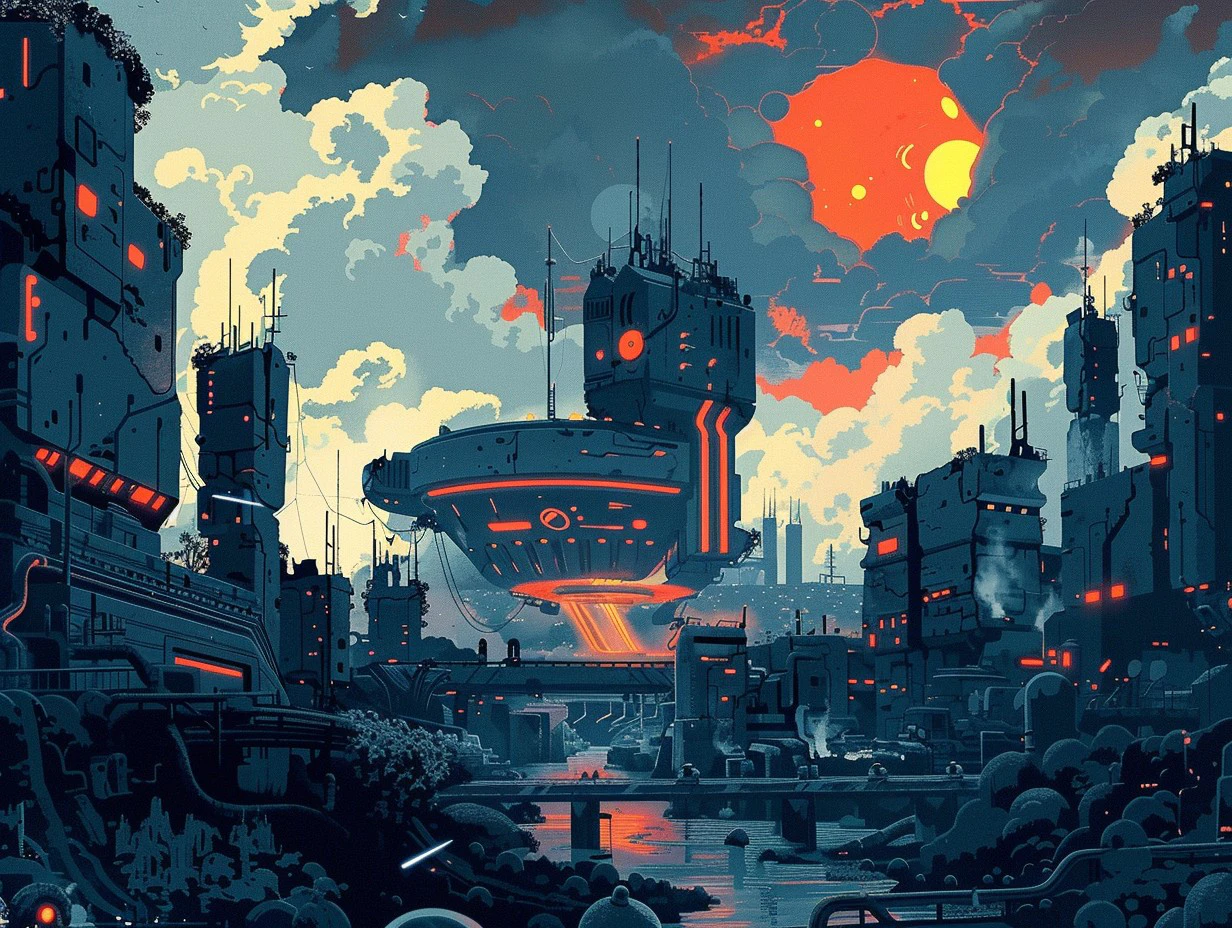To revolutionize the web browsing experience, Google is set to introduce a range of AI-powered features to its popular web browser, Google Chrome, in its upcoming release next month.
These innovative additions aim to boost users’ confidence in writing online content and streamline web navigation, making Chrome a more user-friendly and efficient tool for its 3.22 billion internet users.
AI-powered writing assistance
One of the standout features of the upcoming Google Chrome release is an experimental AI-powered writing assistance tool. Aptly named “Help Me Write,” this feature can be accessed by right-clicking on any text box within the browser. Users will then be prompted to specify their writing requirements, after which Google’s AI will generate an initial draft tailored to their needs.
The “Help me Write” feature is versatile, catering to various writing tasks. Whether composing restaurant reviews, crafting RSVPs for events, or drafting formal inquiries, this AI-driven tool is designed to provide valuable assistance, potentially reducing the need for users to rely on external AI content generators like ChatGPT for their writing needs.
Sundar Pichai, CEO of Google’s parent company, Alphabet, expressed excitement about these new generative AI features in Google Chrome. He emphasized that these features would make web browsing more efficient by helping users keep their tabs organized, assisting in writing tasks and providing AI-based background customization options.
This strategic move by Google reflects its commitment to enhancing user experience in its flagship web browser. Given Google’s dominance in online search and the widespread use of Chrome, this initiative appears well-positioned to have a significant impact.
Competition in online search
Recent comments by Microsoft’s CEO, Satya Nadella, underscore the extent of Google’s influence in online search. Nadella noted that even Microsoft, a tech giant in its own right, finds it challenging to compete effectively on the internet, which he aptly called the “Google web.” This further highlights the significance of Google’s efforts to innovate and maintain its dominance in web-related services.
Tab organizer for effortless multitasking
Another exciting addition to Google Chrome is the Tab Organizer feature. This feature automatically suggests and creates tab groups based on users’ open tabs, alleviating the common issue of tab clutter.
Users can simply right-click on a tab and select “Organize Similar Tabs” or use the drop-down arrow next to their tabs. Chrome will even suggest names and emojis for these tab groups, making finding them easy when needed.
This feature is particularly beneficial for users who work on multiple tasks simultaneously, simplifying tab management and organization.
AI-powered Chrome themes
The Chrome theme store is also getting an AI enhancement. Users will soon be able to choose various elements such as images, styles, colors, and more and let Chrome autonomously create a customized browser theme based on their preferences.
Accessing this feature is as simple as visiting the “Customize Chrome” side panel, clicking “Change theme,” and then selecting “Create with AI.”
Google’s multimodal advancements
Beyond text generation, Google is also advancing in multimodality with the introduction of Lumiere. Lumiere is a text-to-video diffusion model designed to synthesize videos, generating realistic, diverse, and coherent motion. Unlike existing models, Lumiere can generate entire videos in a single pass, thanks to its cutting-edge Space-Time U-Net architecture.
Lumiere empowers users to create visually engaging content creatively, producing video clips up to five seconds in length. While OpenAI has not yet released a publicly available video generation model on their API, they are actively researching and developing technology in this area, hinting at potential developments with the release of GPT-5.
The landscape of AI advancements in 2024
As 2024 unfolds, several major tech companies, including Google, Anthropic, Mistral, and Meta, are poised to match and surpass the capabilities of GPT-4. While OpenAI continues to innovate, the competition in AI and machine learning is driving advancements at an unprecedented pace.





